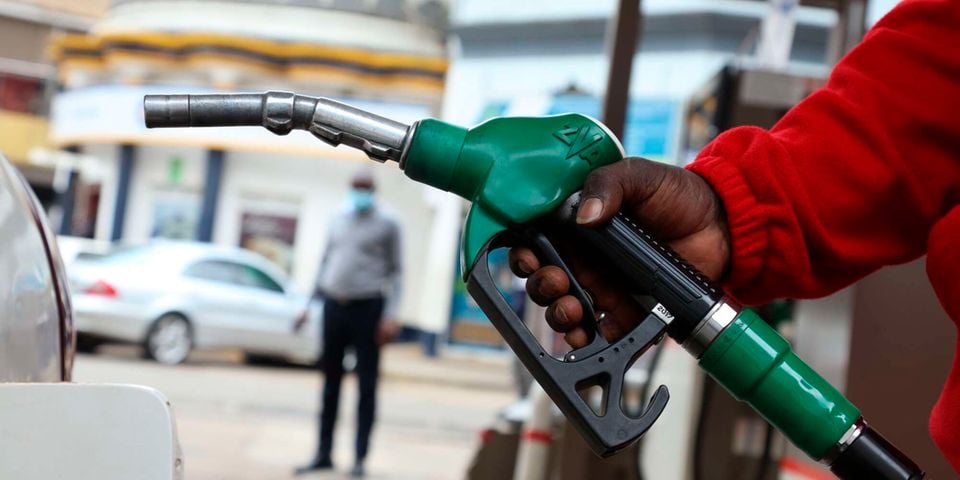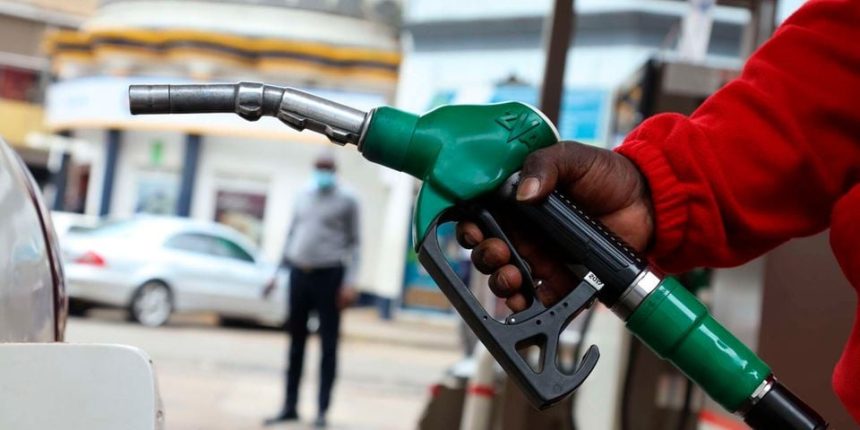Oil marketers are pushing for a deal to shield themselves from foreign exchange losses and pass the same to customers in a move that could see prices rise.
The marketers have been in talks with the government on how to recover past losses linked to the depreciation of the Kenya shilling against the dollar and strike a deal on how to pass such future losses to customers.
Rubis, a France-based multinational with a presence in Kenya, discloses the plan in the latest trading update for the first quarter of the year.
Rubis SA chief financial officer Bruno Krief said the “application or the non-application” of the Energy and Petroleum Regulatory Authority (Epra) pricing formula has left oil marketers exposed to forex losses.
“The industry and the petrol distributor as a whole are on the verge of finding an agreement with the Kenyan government to retrieve this loss, which is specifically linked to the forex to the precision of the shilling versus the US dollar,” said Mr Krief.
“But then for the future, fundamentally the forex risk has to be paid by the customer to some extent, and never by the petrol distributor. So, the government is conscious of that.”
The push, if allowed, could see prices rise further. The State last month doubled the value-added tax on fuel from eight percent to 16 percent, leading to a surge in fuel prices.

The oil marketers want the government to strike a balance between their interests and those of customers in an environment where the Kenya shilling has lost about a fifth of its value in the past 12 months to average above 143.60 units to the dollar.
The Epra has, however, been reflecting an even weaker position with its July 14 figure coming in at Sh144.48 per US dollar. The weakening shilling has meant that oil marketers pay more to import oil products.
Kenya has since 2010 been setting retail prices for fuel, a move that was prompted by the need to protect consumers from cartels who manipulate prices and guard against sub-standard products with low prices.
Epra uses a formula that takes into consideration nine taxes and levies, insurance, freight and distribution costs incurred by the oil marketers in setting the monthly maximum retail prices.
Kenya is currently reviewing the current formula and has committed to the International Monetary Fund to complete the process by the end of this month.



